
Find Help
More Items From Ergsy search
-
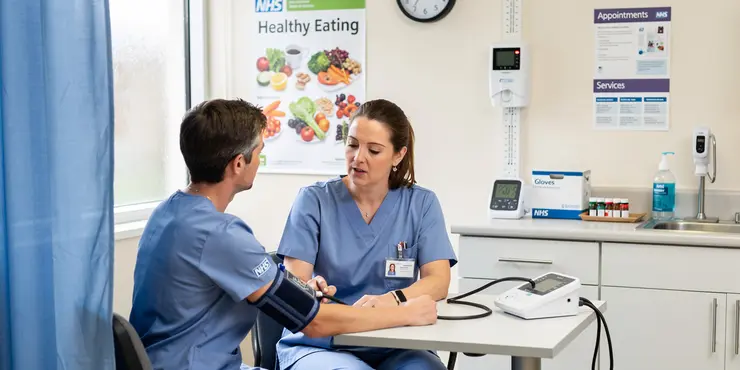
Does caffeine affect blood pressure?
Relevance: 100%
-
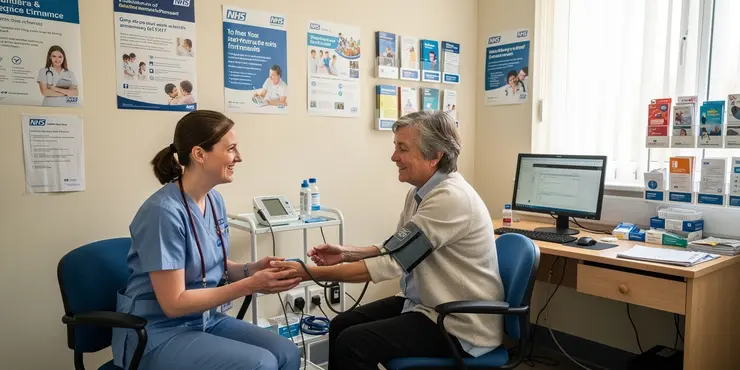
How does caffeine affect blood pressure?
Relevance: 96%
-
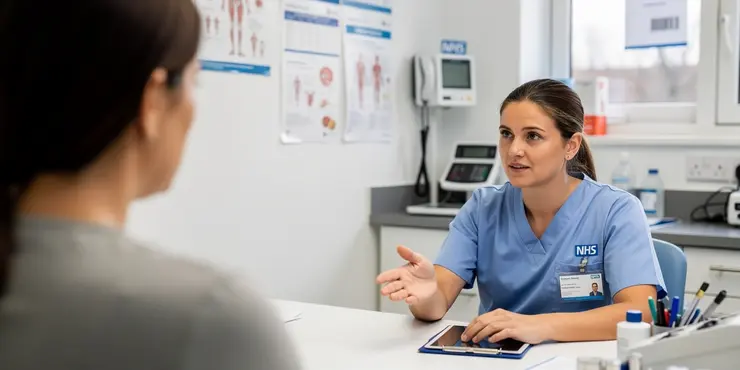
How much caffeine is generally considered safe for people with high blood pressure?
Relevance: 85%
-

How does regular caffeine consumption impact tolerance and blood pressure?
Relevance: 85%
-
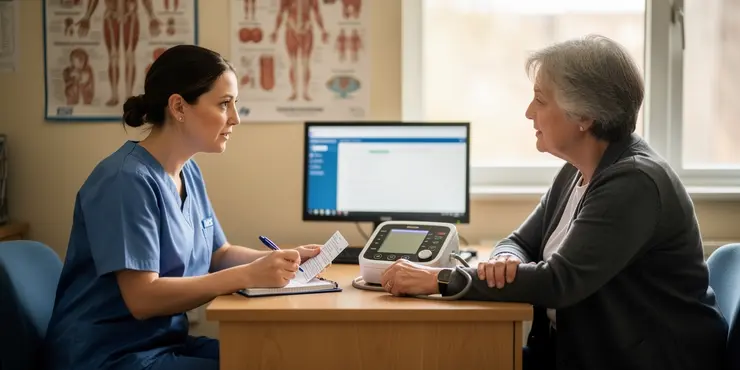
Is it safe to take blood pressure medication with coffee?
Relevance: 73%
-
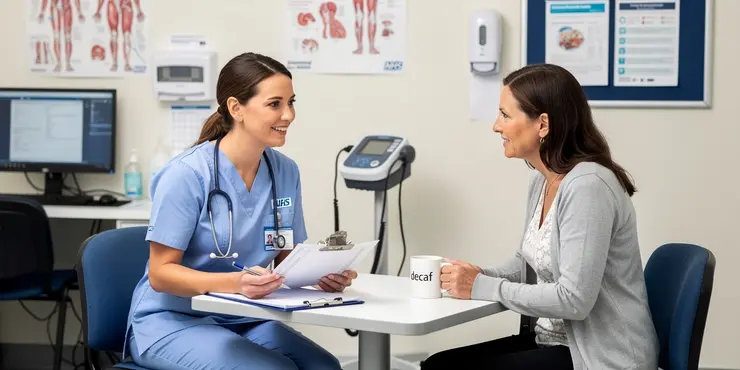
Can decaffeinated coffee affect blood pressure?
Relevance: 73%
-
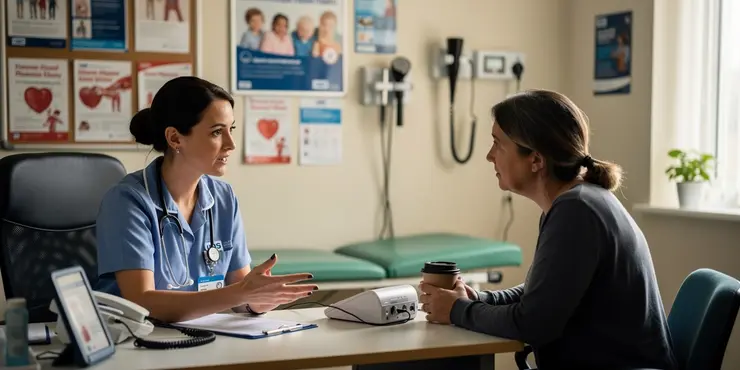
How can one minimize the impact of coffee on blood pressure?
Relevance: 72%
-
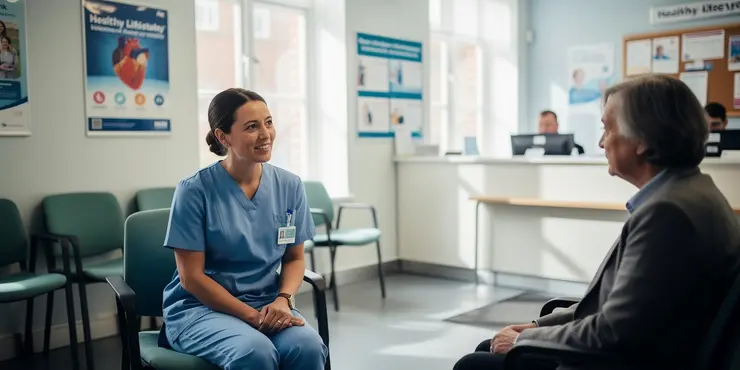
Is Your Morning Coffee a Risk Factor for High Blood Pressure?
Relevance: 70%
-
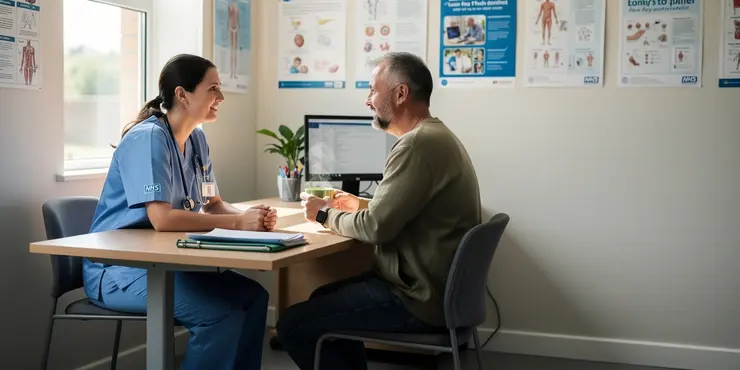
Is green tea a better alternative to coffee for blood pressure management?
Relevance: 70%
-
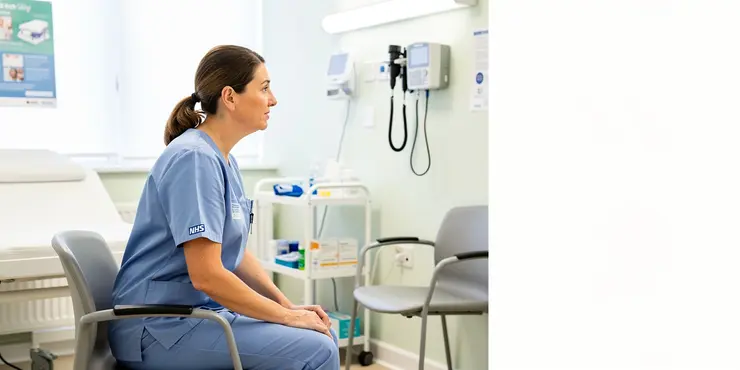
Are there any other factors in coffee that may affect blood pressure?
Relevance: 70%
-

How does diet affect blood pressure?
Relevance: 69%
-

Should people with high blood pressure avoid coffee entirely?
Relevance: 68%
-
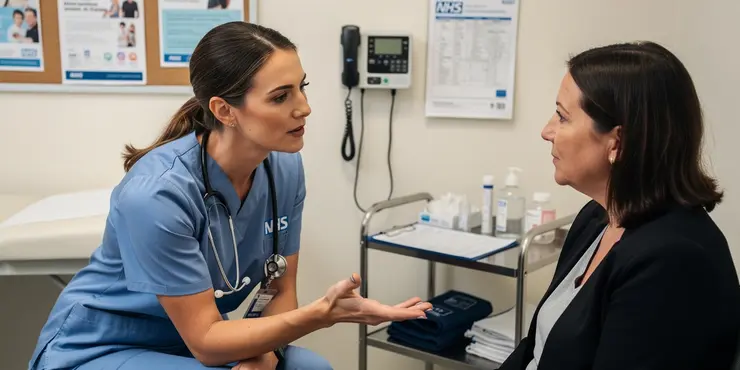
Does genetic makeup affect how coffee impacts blood pressure?
Relevance: 68%
-

Is there a specific time of day when coffee has the most impact on blood pressure?
Relevance: 67%
-
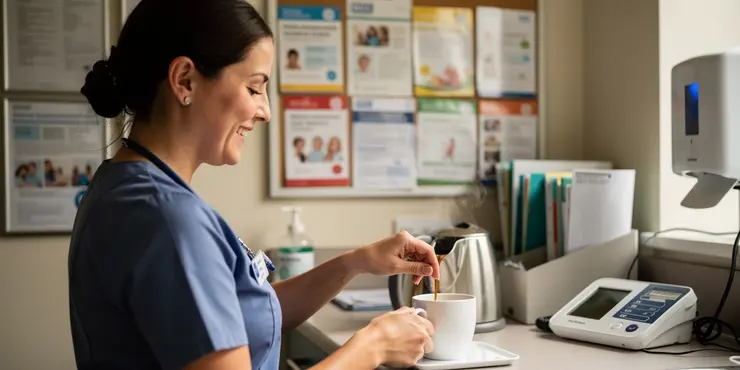
How soon after drinking coffee can blood pressure be affected?
Relevance: 67%
-
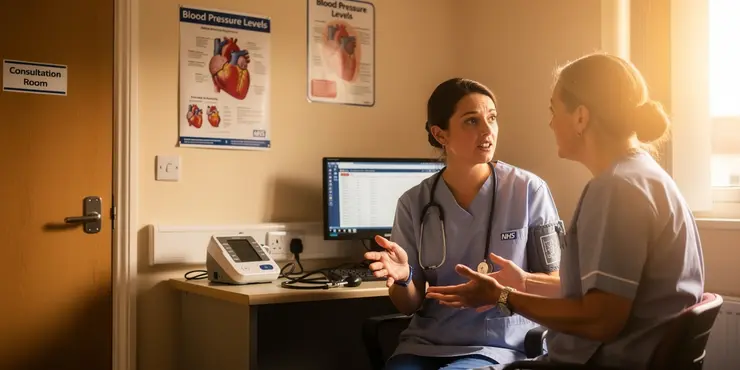
What is high blood pressure?
Relevance: 66%
-
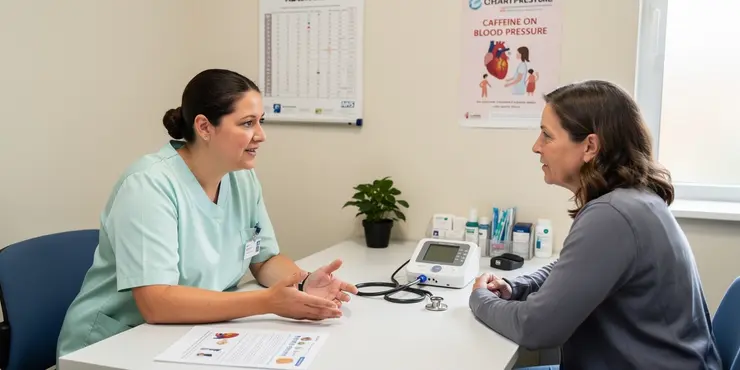
Can stress related to caffeine consumption affect blood pressure?
Relevance: 66%
-
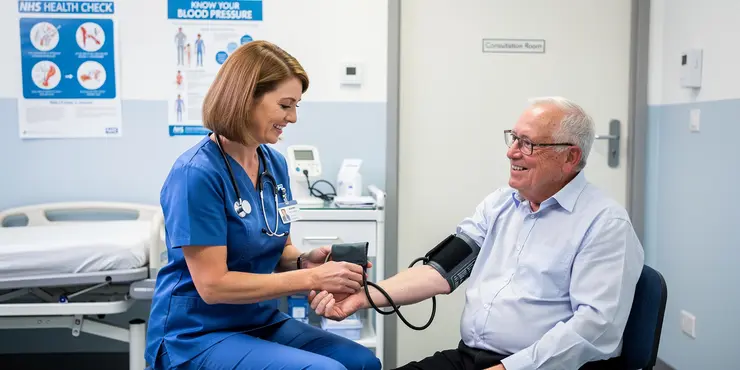
How to take someone's blood pressure
Relevance: 65%
-
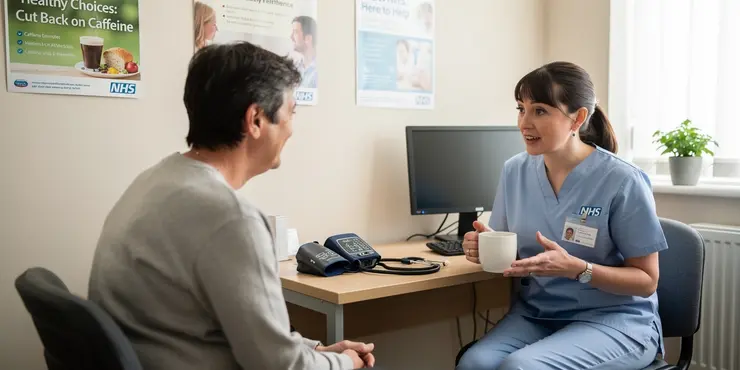
Does drinking coffee every morning increase the risk of developing high blood pressure?
Relevance: 65%
-
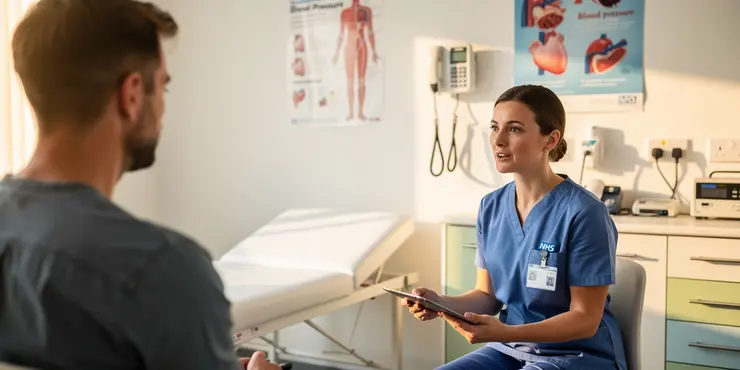
Can high blood pressure be prevented?
Relevance: 63%
-
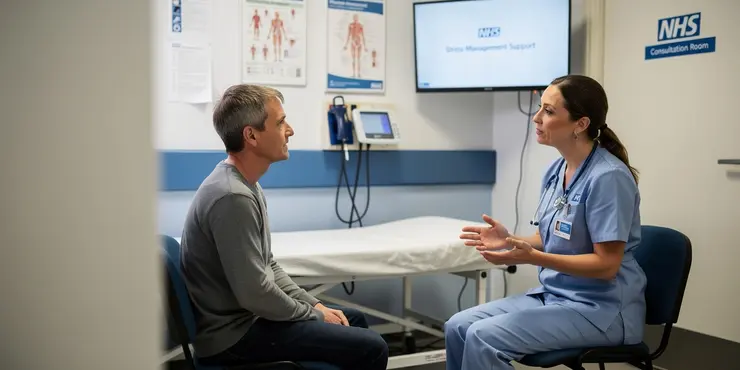
Can stress cause high blood pressure?
Relevance: 61%
-
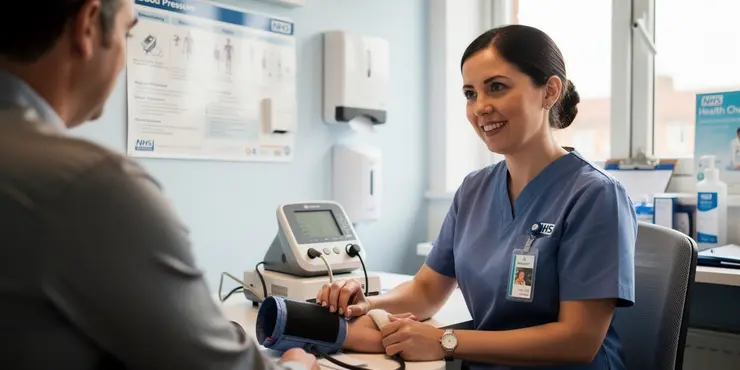
How is high blood pressure diagnosed?
Relevance: 61%
-
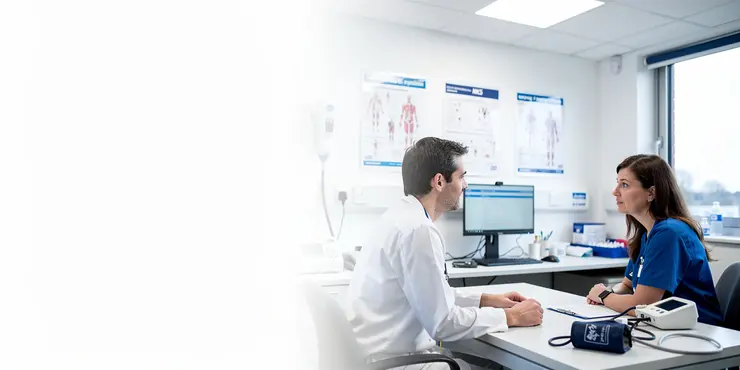
How can high blood pressure be treated?
Relevance: 61%
-
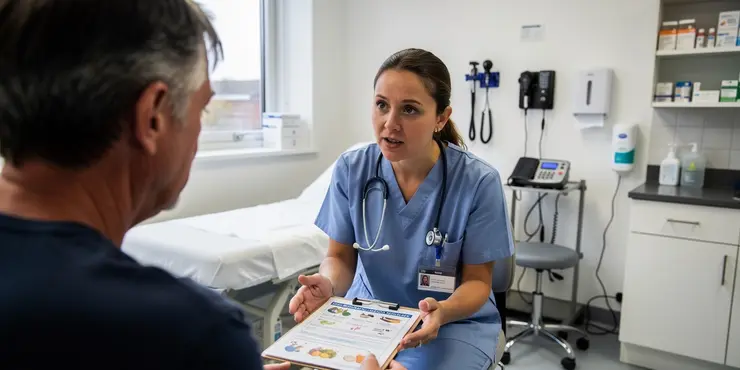
What lifestyle changes can lower blood pressure?
Relevance: 59%
-
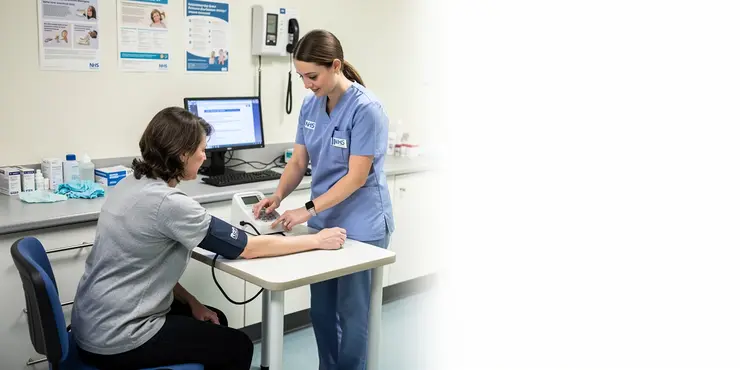
Seven Reaasons For Measuring blood pressure
Relevance: 59%
-
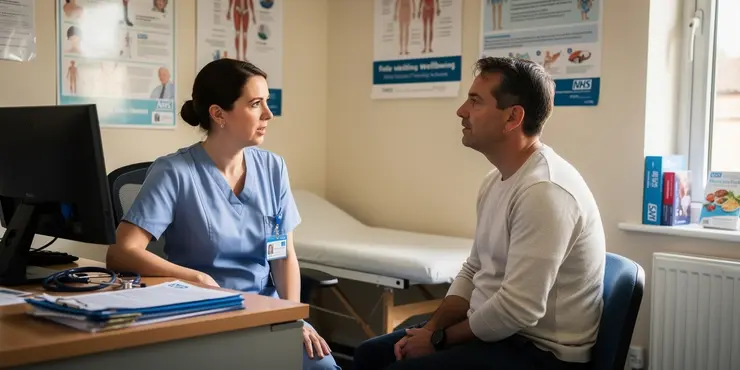
What causes high blood pressure?
Relevance: 59%
-
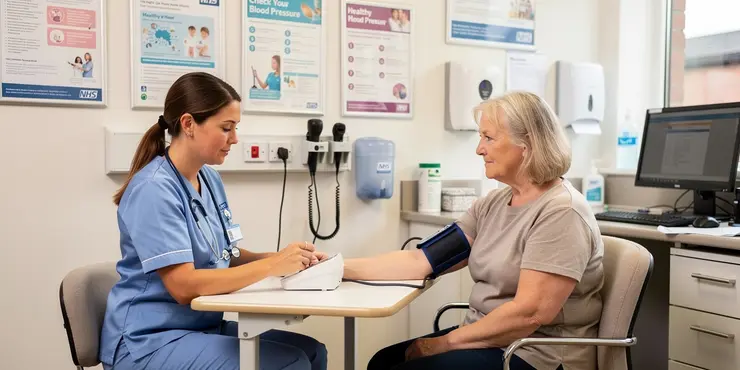
What are the risks of having high blood pressure?
Relevance: 56%
-
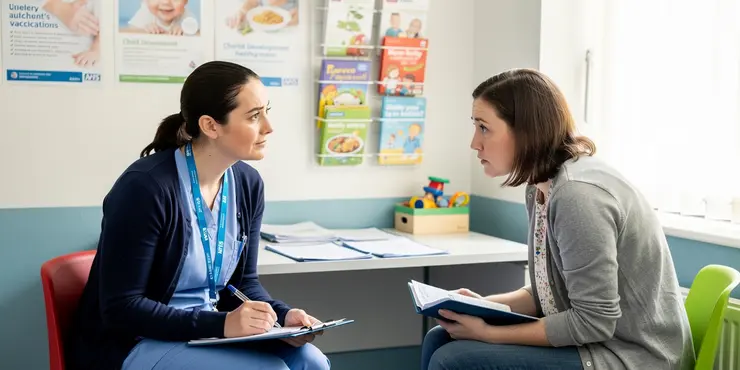
Should I test my child for high blood pressure?
Relevance: 56%
-
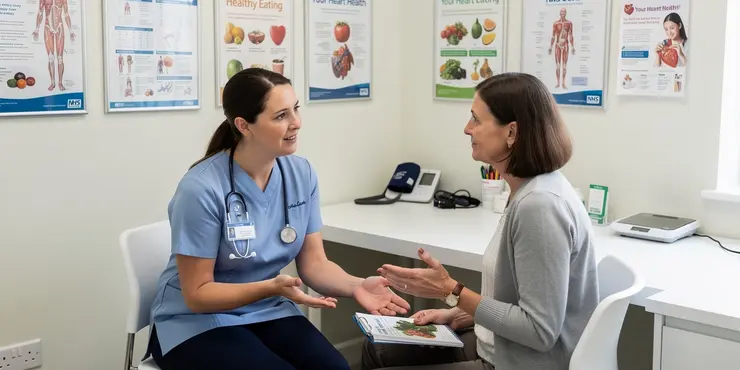
What is the role of potassium in managing blood pressure?
Relevance: 56%
-
How does salt impact blood pressure?
Relevance: 55%
-
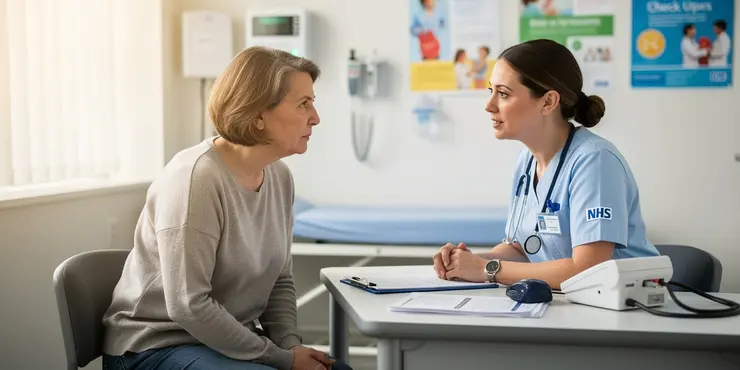
Why is high blood pressure called a 'silent killer'?
Relevance: 54%
-
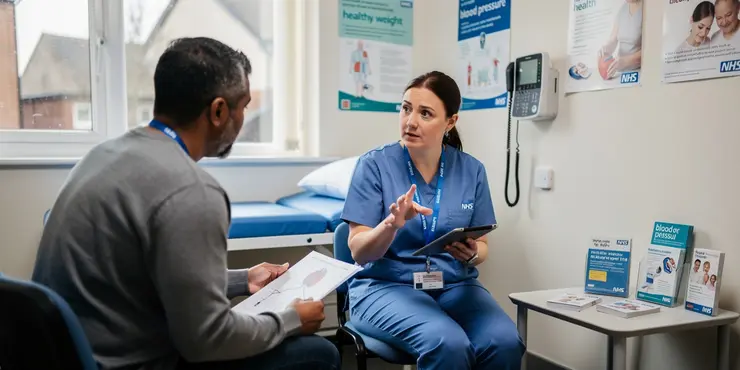
Can weight loss drugs affect blood pressure?
Relevance: 54%
-
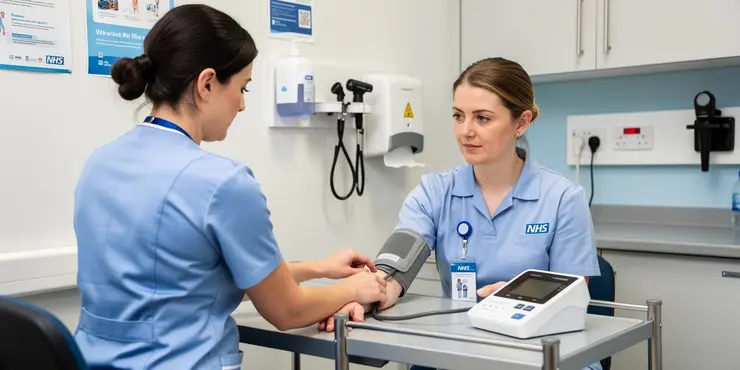
How often should I check my blood pressure?
Relevance: 54%
-
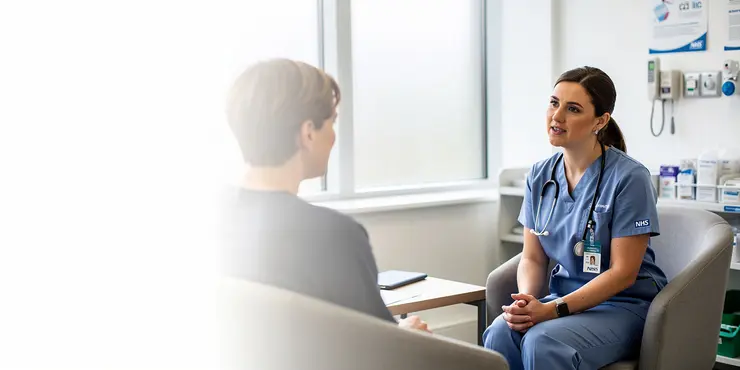
What are the symptoms of caffeine-induced high blood pressure?
Relevance: 53%
-
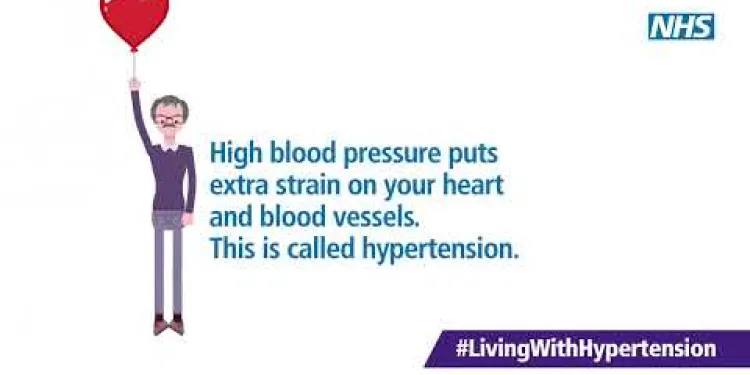
Blood pressure too high? Living with hypertension animation
Relevance: 52%
-
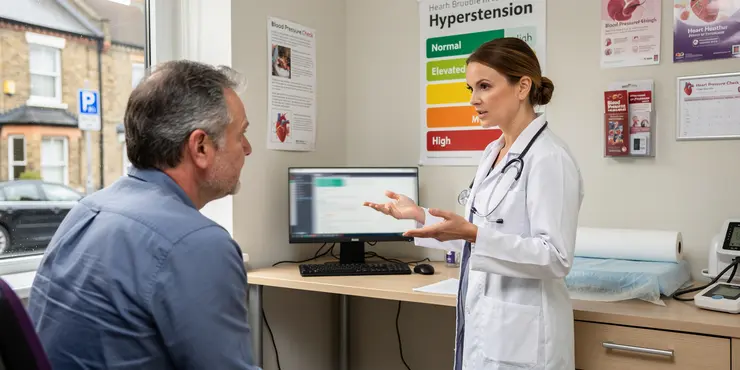
Can high blood pressure lead to other health problems?
Relevance: 52%
-
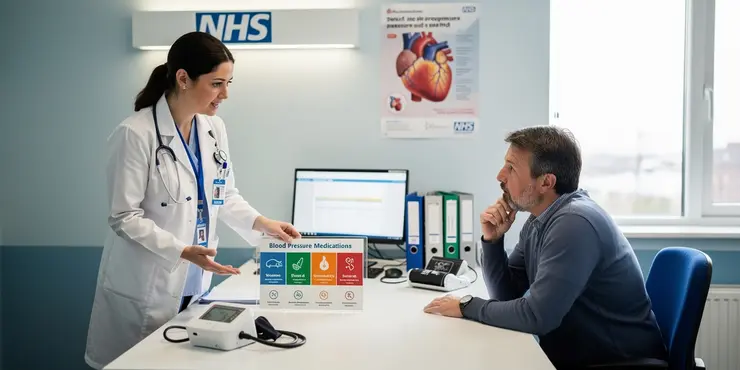
How do medications help control high blood pressure?
Relevance: 52%
-
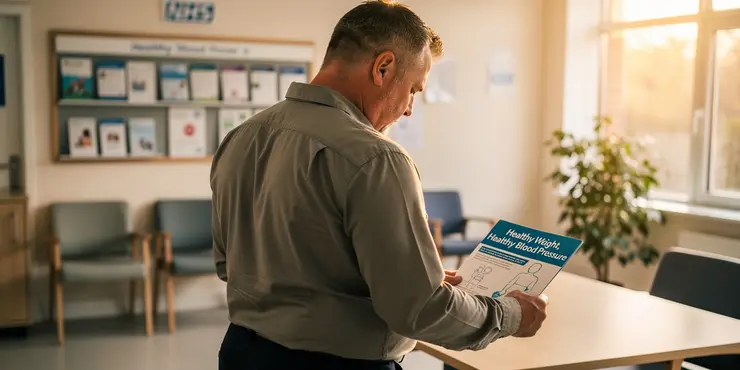
Can weight loss help reduce high blood pressure?
Relevance: 52%
-
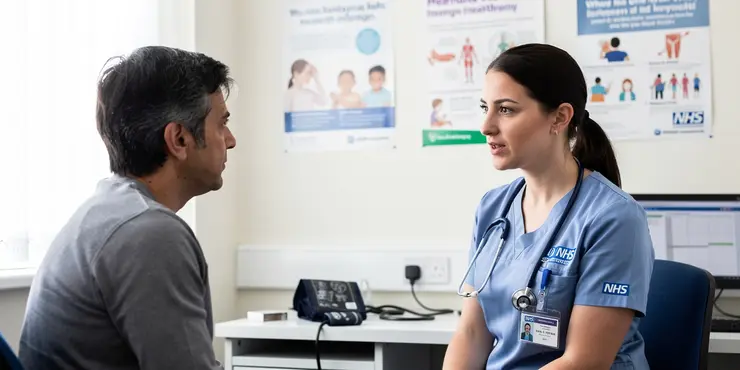
Who should avoid using caffeine pouches?
Relevance: 51%
-
What is the ideal salt intake for someone with high blood pressure?
Relevance: 50%
Understanding Caffeine and Its Impact on Blood Pressure
Caffeine is a natural stimulant most commonly found in coffee, tea, and various energy drinks. It is widely consumed across the globe for its invigorating effects that help many people stay alert and focused. However, its impact on blood pressure is a subject of notable interest, especially for those concerned about cardiovascular health.
Immediate Effects of Caffeine on Blood Pressure
Upon consuming caffeine, individuals often experience a temporary spike in blood pressure. This rise usually occurs quickly, typically within 30 to 60 minutes after consumption, and can last for several hours. The exact mechanism is not entirely understood, but it is believed that caffeine may block the hormone adenosine, which helps dilate blood vessels. By doing so, caffeine causes blood vessels to constrict, leading to an increase in blood pressure.
Long-term Impact of Caffeine Consumption
For regular caffeine consumers, the body may develop a tolerance to its blood pressure-raising effects. In such cases, the immediate impact of caffeine on blood pressure tends to diminish over time. However, individuals who consume caffeine infrequently may continue to experience significant pressure spikes when they do intake it. Long-term studies on the effects of caffeine on baseline blood pressure are somewhat inconclusive. Some suggest that moderate consumption does not pose significant risks for hypertension, while others advise caution.
Caffeine Sensitivity and Individual Variations
Responses to caffeine can vary substantially between individuals. Factors such as genetic differences, tolerance, and existing health conditions play pivotal roles in determining how caffeine affects blood pressure. Some people, especially those sensitive to caffeine, may experience more pronounced cardiovascular responses. It is also noteworthy that people taking certain medications or with existing heart conditions should be particularly cautious with their caffeine intake.
Guidelines for Caffeine Consumption
For most people, moderate caffeine consumption (approximately 200-400 mg per day, equivalent to two to four cups of coffee) is generally considered safe and is unlikely to cause significant long-term health problems. However, those with hypertension or heart disease, or those who are pregnant, should consult their doctors for personalised advice. It is prudent to monitor how caffeine affects your body and adjust your intake accordingly.
Conclusion
While caffeine can temporarily raise blood pressure, especially in people who are sensitive or not accustomed to it, regular moderate consumption typically does not pose significant risks for most individuals. Maintaining a balanced diet, exercising regularly, and consulting healthcare professionals when necessary can help manage blood pressure effectively while continuing to enjoy your favourite caffeinated beverages.
Understanding Caffeine and Its Impact on Blood Pressure
Caffeine is a natural substance found in coffee, tea, and energy drinks. People all over the world drink it to feel awake and focused. But, it can also affect your blood pressure. This is important for your heart and health.
Immediate Effects of Caffeine on Blood Pressure
When you drink caffeine, your blood pressure might go up for a little while. This can happen fast, usually in 30 to 60 minutes, and it can last a few hours. We think caffeine makes blood vessels tighter, which can raise blood pressure.
Long-term Impact of Caffeine Consumption
People who drink caffeine often might get used to its effects on blood pressure. It might not affect them as much over time. But, people who don't drink caffeine a lot might still see their blood pressure go up when they do. We don't know for sure what caffeine does to blood pressure in the long run. Some say it's safe in small amounts. Others say to be careful.
Caffeine Sensitivity and Individual Variations
Different people react to caffeine in different ways. Your genes, how much caffeine you drink, and your health matter. Some people’s blood pressure may go up more than others. If you take medicine or have heart problems, be careful with caffeine. It might make your heart beat faster.
Guidelines for Caffeine Consumption
Most people can safely drink some caffeine each day (about two to four cups of coffee). But, if you have high blood pressure, heart disease, or are pregnant, talk to your doctor first. Pay attention to how caffeine makes you feel and change how much you drink if needed.
Conclusion
Caffeine can make your blood pressure go up for a while, especially if you're not used to it. But, drinking a little caffeine regularly is usually safe. Eating healthy, exercising, and talking to doctors can help you keep your blood pressure healthy while enjoying drinks you like.
Frequently Asked Questions
What is caffeine?
Caffeine is a natural stimulant most commonly found in coffee, tea, soft drinks, and chocolate.
How does caffeine affect blood pressure?
Caffeine can temporarily increase blood pressure by causing the blood vessels to constrict.
Is the increase in blood pressure from caffeine permanent?
No, the increase in blood pressure from caffeine is temporary for most people.
How long does caffeine affect blood pressure?
The effects of caffeine on blood pressure usually last for 3 to 4 hours.
Can regular coffee drinkers experience blood pressure increase from caffeine?
Regular coffee drinkers may develop a tolerance, reducing the effect on blood pressure.
Should people with high blood pressure avoid caffeine?
People with high blood pressure should monitor their caffeine intake and consult with their doctor.
How much caffeine is safe for blood pressure?
A moderate amount, usually considered up to 400 mg per day, is generally safe for most people.
Do different sources of caffeine affect blood pressure differently?
The effect may vary based on the caffeine source and individual tolerance.
Can caffeine cause long-term high blood pressure?
There is insufficient evidence to suggest that caffeine causes long-term high blood pressure.
Why does caffeine cause an increase in blood pressure?
Caffeine blocks a hormone that helps keep blood vessels widened, causing them to narrow.
Are decaffeinated drinks a better option for those concerned about blood pressure?
Yes, decaffeinated drinks can be a good alternative for reducing caffeine intake.
How does caffeine tolerance affect blood pressure response?
People who regularly consume caffeine might experience a lesser increase in blood pressure.
Is caffeine in energy drinks more potent for affecting blood pressure?
Energy drinks often contain high amounts of caffeine, which can more significantly affect blood pressure.
Can I check my blood pressure immediately after consuming caffeine?
It's better to wait a few hours after caffeine consumption for an accurate reading of your blood pressure.
Does caffeine affect blood pressure differently in men and women?
There can be variations, but generally, the effect of caffeine on blood pressure is similar between genders.
Is caffeine sensitivity a factor in blood pressure response?
Yes, individuals sensitive to caffeine may experience a more significant rise in blood pressure.
Does the time of day impact how caffeine affects blood pressure?
Caffeine's effect can vary, but body rhythms and caffeine metabolism might cause different impacts at different times.
Can drinking water help reduce caffeine-induced blood pressure spikes?
Staying hydrated can support overall cardiovascular health, but it won't directly counteract caffeine's effects.
Is there a safe way to consume caffeine if I have high blood pressure?
It's crucial to limit intake, spread consumption throughout the day, and consult with a healthcare provider.
Can caffeine withdrawal also affect blood pressure?
Yes, sudden caffeine withdrawal can cause temporary changes, including headaches and tiredness, but it's less related to blood pressure.
What is caffeine?
Caffeine is a chemical. It is found in drinks like coffee, tea, and soda.
Caffeine can make you feel more awake and give you energy.
Sometimes, people use caffeine to help them stay awake when they are tired.
You can try using pictures of drinks with caffeine to help you remember.
Caffeine is a natural thing that helps you feel more awake. You can find it in coffee, tea, fizzy drinks, and chocolate.
What does caffeine do to blood pressure?
Caffeine is in drinks like coffee and tea. It can make your blood pressure go up for a short time. Blood pressure is how hard your blood pushes against your veins.
If you drink a lot of caffeine, it can keep your blood pressure high. But this is not the same for everyone. Some people might not feel a change at all.
If you want help to understand caffeine and blood pressure, try asking a doctor or a nurse. They can help you learn more.
Caffeine can make your blood pressure go up for a little while. It does this by making your blood vessels get tighter.
Does caffeine make your blood pressure go up forever?
No, caffeine only raises blood pressure for a short time for most people.
How long does caffeine change blood pressure?
Caffeine can make your blood pressure go up. This lasts for about 3 to 4 hours.
Does drinking coffee make blood pressure go up?
If you drink coffee a lot, your body might get used to it. This means coffee might not make your blood pressure go higher anymore.
Is caffeine bad for people with high blood pressure?
If you have high blood pressure, talk to your doctor about drinking caffeine.
Caffeine is in drinks like coffee, tea, and cola. It can make your heart beat faster.
Some people find that caffeine makes their blood pressure go up.
Here are some things that can help:
- Check your blood pressure often.
- Keep a diary of what you eat and drink.
- Notice how caffeine affects your body.
- Ask your doctor if you should limit caffeine.
If you have high blood pressure, it's important to be careful with how much caffeine you drink. Talk to your doctor about it.
How much caffeine is safe for your heart?
Caffeine is in drinks like coffee and tea. It can make your heart beat faster.
It is usually okay to have a little caffeine every day. But too much can be bad for you.
To keep your heart healthy, it is good to:
- Not drink too much caffeine.
- Ask a doctor how much is safe for you.
- Use apps or tools to count how much caffeine you drink.
Most people can drink some caffeine each day. Up to 400 mg is usually okay.
Does caffeine from different places change blood pressure in different ways?
Caffeine can make people feel different things. It can come from different drinks, like coffee or tea. How it makes you feel can be different for each person.
Can caffeine make your blood pressure high for a long time?
We don't have enough proof to say that drinking caffeine makes blood pressure high for a long time.
Why does caffeine make blood pressure go up?
Caffeine is something in coffee, tea, and soda. It can make your heart beat faster and raise your blood pressure.
Here is how it works:
- Caffeine gives you a burst of energy.
- This makes your heart pump more blood.
- Your blood pressure goes up.
If you want help with reading, you can use tools that read the text out loud or apps that make the words bigger.
Caffeine stops a chemical in the body. This chemical keeps blood paths big. When caffeine works, blood paths get smaller.
Is it better to drink drinks without caffeine if you are worried about blood pressure?
Drinks like coffee and tea have caffeine. Caffeine can make your heart beat faster.
If you are worried about your blood pressure, you might try drinking drinks that do not have caffeine. These are called decaffeinated drinks.
Decaffeinated drinks might help keep your blood pressure lower.
You can try using a blood pressure monitor to see if decaffeinated drinks help you.
Yes, drinks without caffeine can help you drink less caffeine.
How does caffeine change how your blood moves?
People who drink caffeine a lot might not have their blood pressure go up as much.
Do energy drinks make your blood pressure go up more than other drinks?
Energy drinks have lots of caffeine. Caffeine can make your blood pressure go up.
Can I check my blood pressure right after drinking caffeine?
Here is how to understand this question better:
- Blood pressure: It's a way to see how hard your heart is working to move blood around your body.
- Caffeine: This is something found in drinks like coffee and cola that can make you feel more awake.
Helpful tips:
- Try using pictures or videos to learn more about blood pressure and caffeine.
- You can ask someone, like a doctor or a nurse, to explain it to you.
It's good to wait a few hours after having caffeine to check your blood pressure. This helps get a correct result.
Does caffeine change blood pressure in men and women differently?
Caffeine is in coffee, tea, and some soft drinks. It can make your heart beat faster and raise blood pressure.
People's bodies can react differently to caffeine. This means it might change blood pressure in men and women in different ways. Scientists study this to find out more.
If you want to know how caffeine affects you, try keeping a diary of what you drink. Write down any changes in how you feel. Talk to a doctor for more help.
Caffeine can affect blood pressure the same way for boys and girls.
Does caffeine change your blood pressure?
If you are sensitive to caffeine, drinking it might make your blood pressure go up more than usual.
Does the time of day change how caffeine affects blood pressure?
Does caffeine have different effects on blood pressure at different times of the day?
Support tools:
- Use a clock to track time.
- Ask someone to help read this text.
Caffeine can work differently for each person. It can change how you feel depending on the time of day. This is because your body has its own clock, and it changes how quickly it uses caffeine.
Can drinking water help lower blood pressure after having too much caffeine?
Drinking enough water is good for your heart, but it won't stop the effects of caffeine.
Can I drink caffeine safely if I have high blood pressure?
It's important to eat just a little bit at a time. Spread out your meals during the day. Talk to a doctor or nurse for advice.
Does stopping caffeine change blood pressure?
Yes, stopping caffeine all of a sudden can cause things like headaches and feeling very tired. But it's not really about blood pressure.
Useful Links
This website offers general information and is not a substitute for professional advice.
Always seek guidance from qualified professionals.
If you have any medical concerns or need urgent help, contact a healthcare professional or emergency services immediately.
Some of this content was generated with AI assistance. We’ve done our best to keep it accurate, helpful, and human-friendly.
- Ergsy carfully checks the information in the videos we provide here.
- Videos shown by Youtube after a video has completed, have NOT been reviewed by ERGSY.
- To view, click the arrow in centre of video.
- Most of the videos you find here will have subtitles and/or closed captions available.
- You may need to turn these on, and choose your preferred language.
- Go to the video you'd like to watch.
- If closed captions (CC) are available, settings will be visible on the bottom right of the video player.
- To turn on Captions, click settings .
- To turn off Captions, click settings again.
More Items From Ergsy search
-

Does caffeine affect blood pressure?
Relevance: 100%
-

How does caffeine affect blood pressure?
Relevance: 96%
-

How much caffeine is generally considered safe for people with high blood pressure?
Relevance: 85%
-

How does regular caffeine consumption impact tolerance and blood pressure?
Relevance: 85%
-

Is it safe to take blood pressure medication with coffee?
Relevance: 73%
-

Can decaffeinated coffee affect blood pressure?
Relevance: 73%
-

How can one minimize the impact of coffee on blood pressure?
Relevance: 72%
-

Is Your Morning Coffee a Risk Factor for High Blood Pressure?
Relevance: 70%
-

Is green tea a better alternative to coffee for blood pressure management?
Relevance: 70%
-

Are there any other factors in coffee that may affect blood pressure?
Relevance: 70%
-

How does diet affect blood pressure?
Relevance: 69%
-

Should people with high blood pressure avoid coffee entirely?
Relevance: 68%
-

Does genetic makeup affect how coffee impacts blood pressure?
Relevance: 68%
-

Is there a specific time of day when coffee has the most impact on blood pressure?
Relevance: 67%
-

How soon after drinking coffee can blood pressure be affected?
Relevance: 67%
-

What is high blood pressure?
Relevance: 66%
-

Can stress related to caffeine consumption affect blood pressure?
Relevance: 66%
-

How to take someone's blood pressure
Relevance: 65%
-

Does drinking coffee every morning increase the risk of developing high blood pressure?
Relevance: 65%
-

Can high blood pressure be prevented?
Relevance: 63%
-

Can stress cause high blood pressure?
Relevance: 61%
-

How is high blood pressure diagnosed?
Relevance: 61%
-

How can high blood pressure be treated?
Relevance: 61%
-

What lifestyle changes can lower blood pressure?
Relevance: 59%
-

Seven Reaasons For Measuring blood pressure
Relevance: 59%
-

What causes high blood pressure?
Relevance: 59%
-

What are the risks of having high blood pressure?
Relevance: 56%
-

Should I test my child for high blood pressure?
Relevance: 56%
-

What is the role of potassium in managing blood pressure?
Relevance: 56%
-
How does salt impact blood pressure?
Relevance: 55%
-

Why is high blood pressure called a 'silent killer'?
Relevance: 54%
-

Can weight loss drugs affect blood pressure?
Relevance: 54%
-

How often should I check my blood pressure?
Relevance: 54%
-

What are the symptoms of caffeine-induced high blood pressure?
Relevance: 53%
-

Blood pressure too high? Living with hypertension animation
Relevance: 52%
-

Can high blood pressure lead to other health problems?
Relevance: 52%
-

How do medications help control high blood pressure?
Relevance: 52%
-

Can weight loss help reduce high blood pressure?
Relevance: 52%
-

Who should avoid using caffeine pouches?
Relevance: 51%
-
What is the ideal salt intake for someone with high blood pressure?
Relevance: 50%


